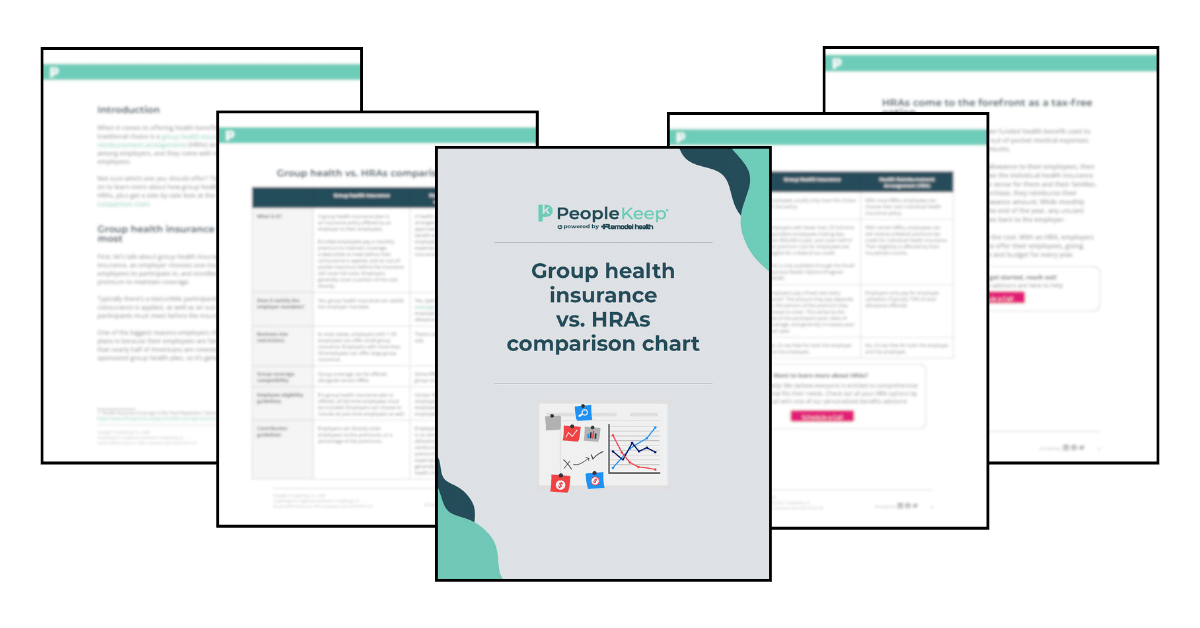
What is the Additional Medicare Tax for high earners?
Learn about the 0.9% additional Medicare tax for high earners. Find current 2026 thresholds for single and joint filers and how to stay compliant.

Guide to ACA employer penalties
Stay compliant with the ACA and avoid penalties with this informative guide. Learn how to navigate the intricacies of ESRP under the ACA.

Top challenges facing health insurance professionals
Health insurance pros face many challenges, from regulation to client expectations. Explore key insurance industry challenges today and how to face them.

Which benefits are most important to remote workers?
Which perks matter most to remote teams? Discover the top employee benefits that boost morale, retention, and productivity for remote workers.

How much does not offering health benefits cost me?
Not offering employee health benefits can cost you in turnover, recruitment, and productivity. Learn the financial risks and smarter benefit alternatives.

High deductible health plan cost & savings
High deductible health insurance plans may lower premiums but increase upfront costs. Learn how they work and how to save with HSAs and smart planning.

Signs of low morale and how you can fight it
Low employee morale can hurt productivity and retention. Spot the signs early and discover actionable ways to improve workplace engagement and culture.

What's the simplest way to offer health benefits without a group plan?
Looking for simple health benefits without a group plan? Explore how options like ICHRA or QSEHRA let you offer coverage with less complexity.

How to set up and design an employee benefits program
Designing an employee benefits program? Learn how to set up and structure offerings that align with your goals, budget, and employee expectations.







